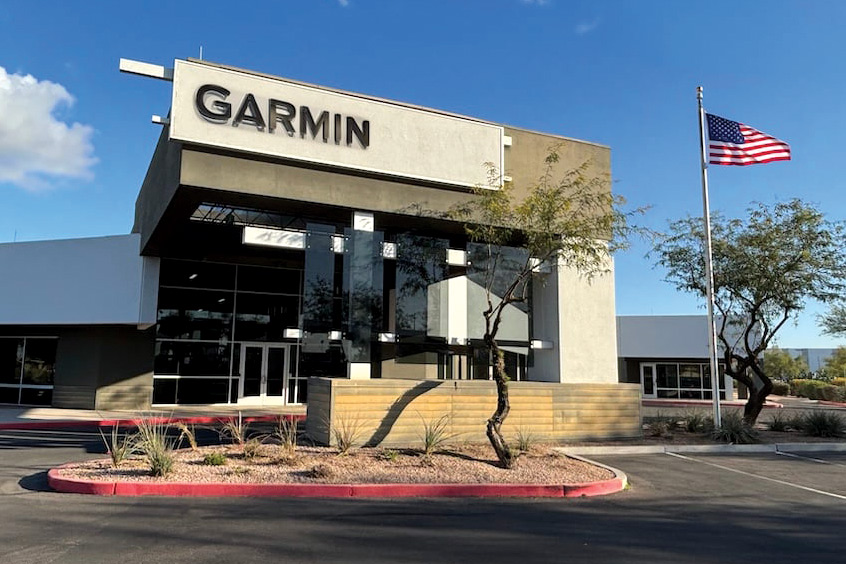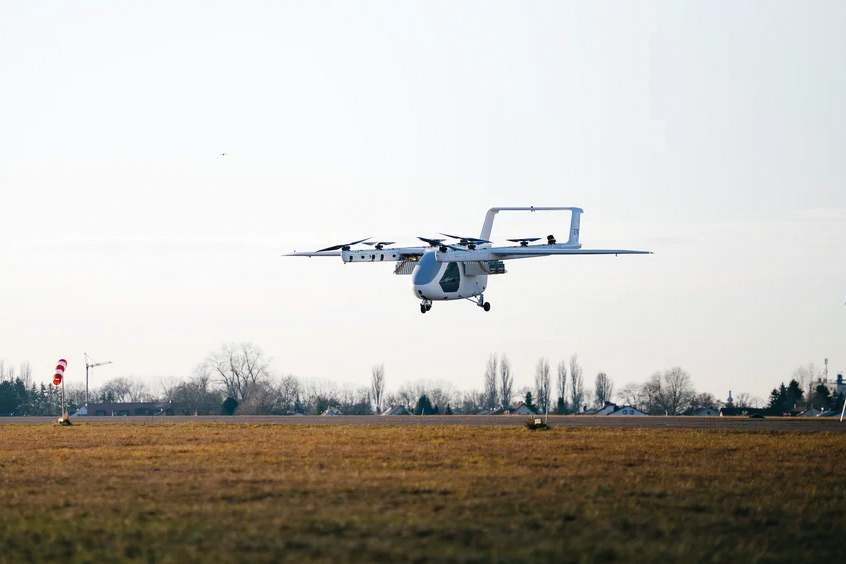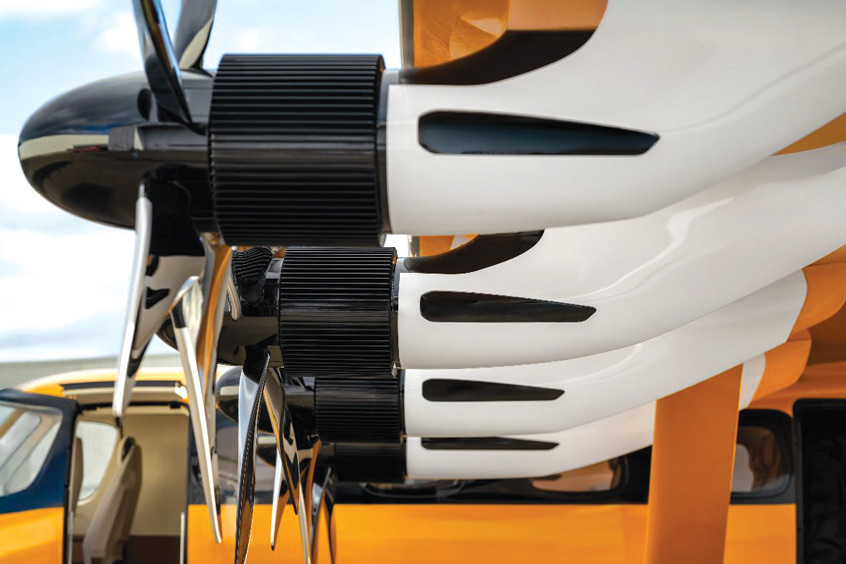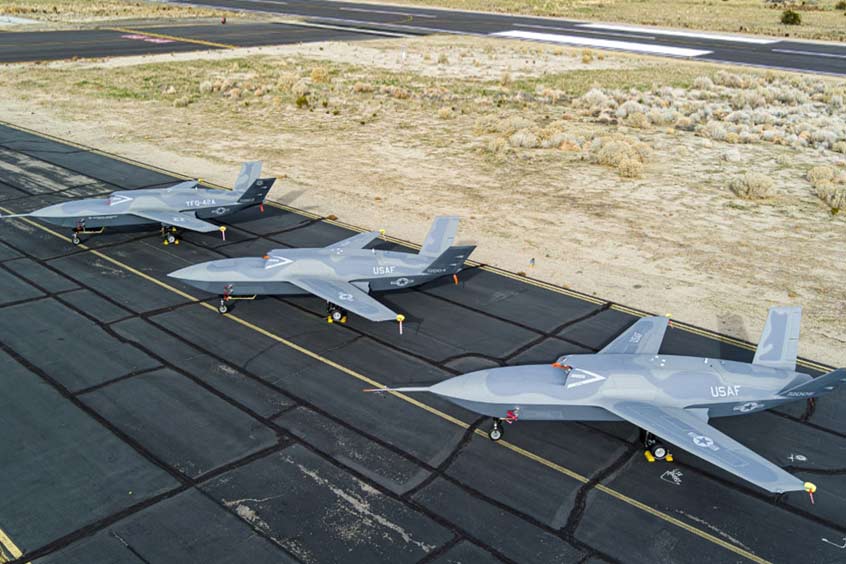PRESS RELEASE
Issued by: GE Aerospace Engines
GE Aviation has recently completed successful testing of its Passport long-range business aviation engine using 100% Sustainable Aviation Fuel (SAF), a lower carbon alternative jet fuel.
The Passport engine can operate on approved SAF today, and the recent testing shows the capability of the engine to run on 100% SAF. It was the first time the Passport engine was tested with 100% SAF.
Currently, SAF approved for use is a blend of petroleum-based Jet A or Jet A-1 fuel and a SAF component with a maximum blend limit of 50%. ASTM International, an organization that develops technical standards, has not yet qualified 100% SAF. One of GE's fuel experts chairs an international task force to develop standardized industry specifications supporting adoption of 100% drop-in SAF, which does not require blending with conventional jet fuel.
“As our testing shows, the Passport engine, like all GE engines, can operate on approved Sustainable Aviation Fuel today and in the future. Our customers can be confident that the Passport engine can help meet their sustainability goals to reduce CO2 emissions in flight, thanks to the Passport's more fuel-efficient technologies compared to previous-generation business jet engines and ability to operate on lower-carbon fuels,” said Melvyn Heard, president of the Passport engine program for GE Aviation.
Ground testing was conducted with one engine over several days in March at GE Aviation's Peebles Test Operations in southern Ohio. The purpose of the test was to assess the performance and operability of the engine technology with 100% SAF compared to conventional Jet A.
The type of SAF used in the testing, HEFA-SPK*, is the most widely available SAF today and can be made from cooking oil and other waste fats, oils and greases. Preliminary test results of the Passport engine are favorable, with the engine performing similarly to when it runs on petroleum-based jet fuel.
GE Aviation has been actively involved in assessing and qualifying SAF since 2007 and works closely with producers, regulators, and operators to help ensure SAF can be widely adopted for use in aviation. SAF can be made from plant-based material, fats, oils and greases, alcohols, waste streams, captured CO2, and other alternative feedstocks. The use of alternative feedstocks and processes reduces lifecycle CO2 emissions during production, processing, and distribution compared to fossil-based fuels.
This is the latest in a series of 100% SAF tests by GE and CFM International, a 50-50 joint company between GE and Safran Aircraft Engines:
-Recently, CFM powered the first passenger flight using 100% SAF in one of the two LEAP-1B engines of a Boeing 737 MAX 8 in December 2021, operated by United.
-The Boeing ecoDemonstrator has also tested 100% SAF with CFM LEAP-1B engines in 2021.
-The VOLCAN project in France includes a series of engine ground tests and flight tests with the CFM LEAP-1A engine.
-GE Aviation engines powered the industry's first 100% SAF commercial airliner flight in 2018 as part of the Boeing ecoDemonstrator program, which included a Boeing 777F operated by FedEx powered by GE90 engines.
GE's Passport engine, which entered service in 2018, has 3% lower fuel consumption compared to other engines currently operating in the 18,000-pound thrust class and 17% lower fuel consumption compared to the CF34-3 engine. Blisk fan blades, a high efficiency compression system, rich-burn combustor, proprietary turbine system, and high efficiency mixer help enable the Passport engine's improved fuel efficiency.
| Contact details from our directory: | |
| GE Aerospace Engines | Turbofan Engines, Turboshaft Engines, Turboprop Engines |
| GE Aerospace, Auburn (was GE Aviation) | Additive Manufacturing |
| CFM International Inc. | Turbofan Engines |
| Related directory sectors: |
| Engines |
Weekly news by email:
See the latest Bulletin, and sign up free‑of‑charge for future editions.

Garmin expands flight test footprint with Mesa Gateway acquisition

ERC System begins flight testing Romeo prototype in Munich

Electra.aero secures US patents for hybrid-electric blown-lift control system
